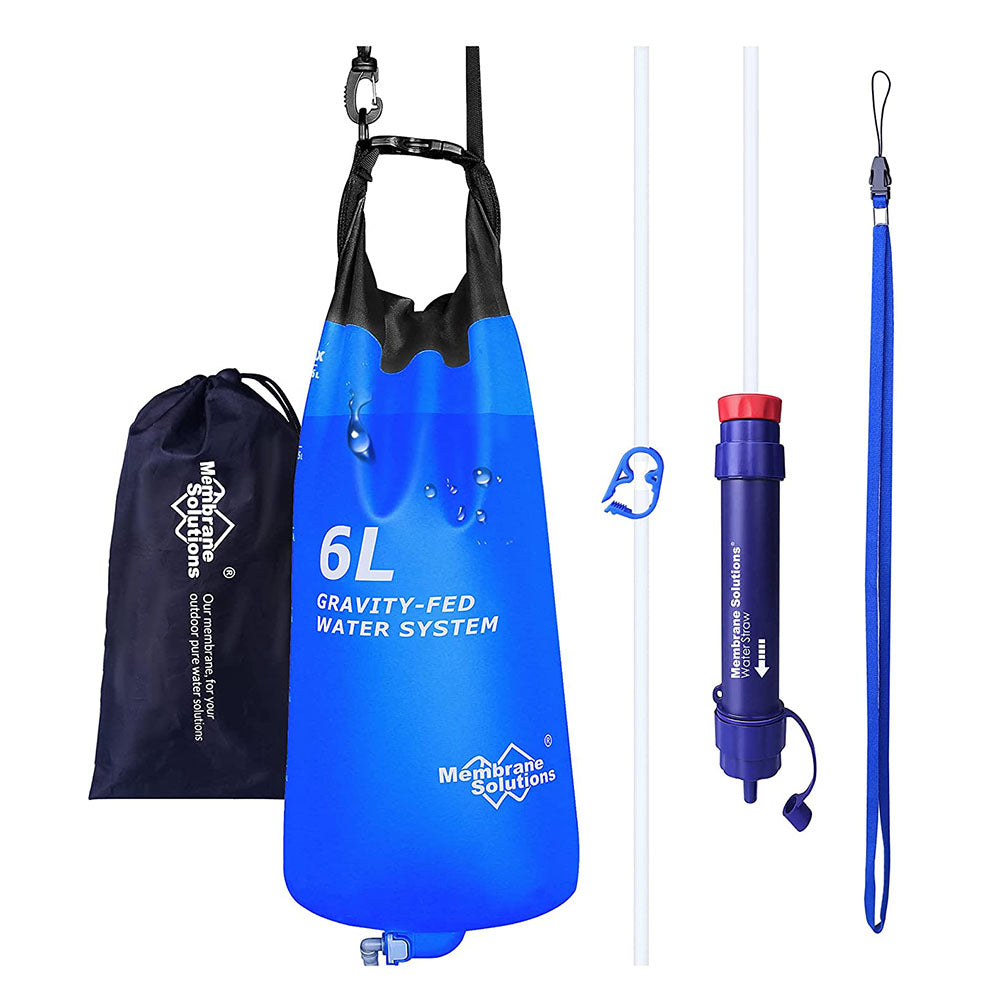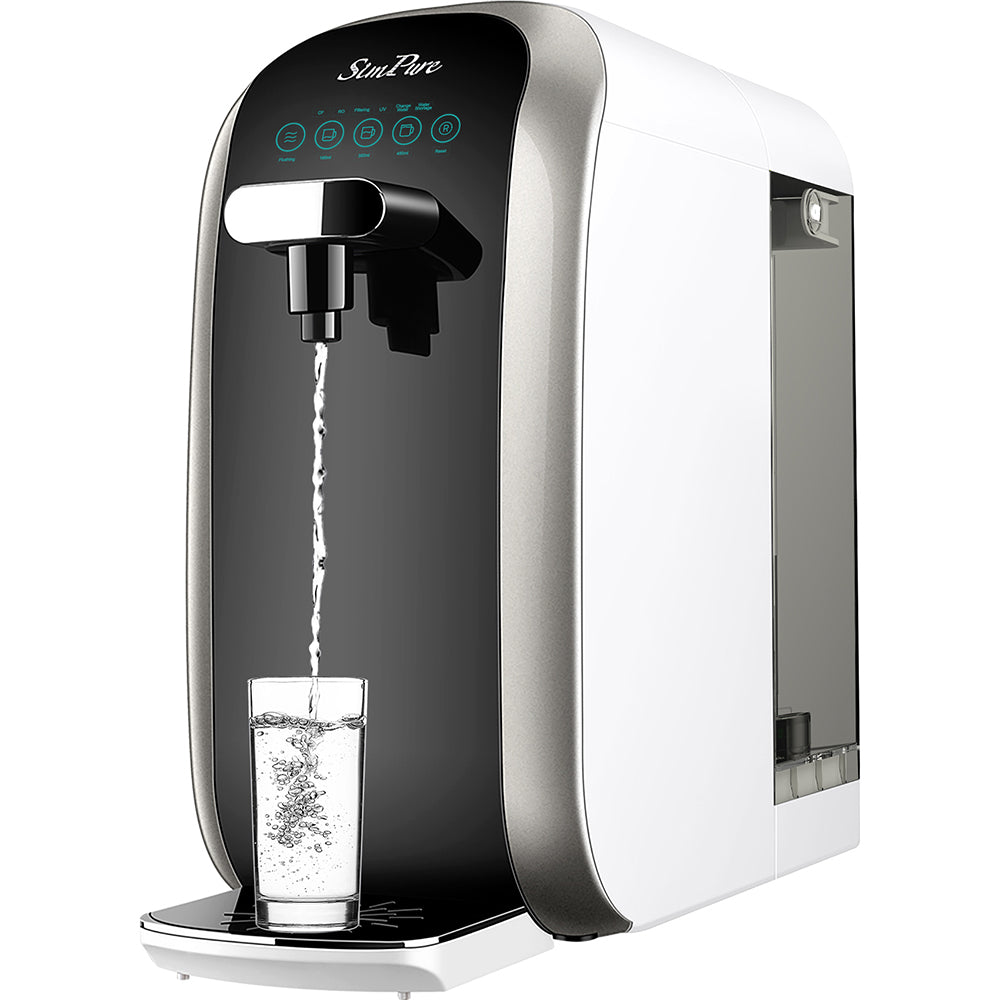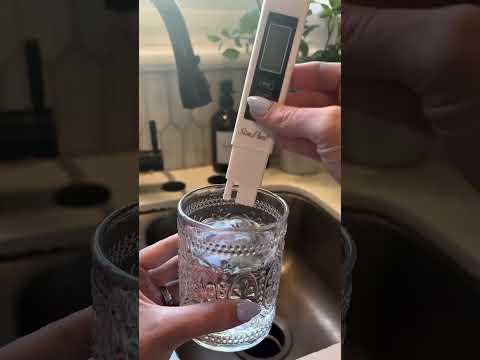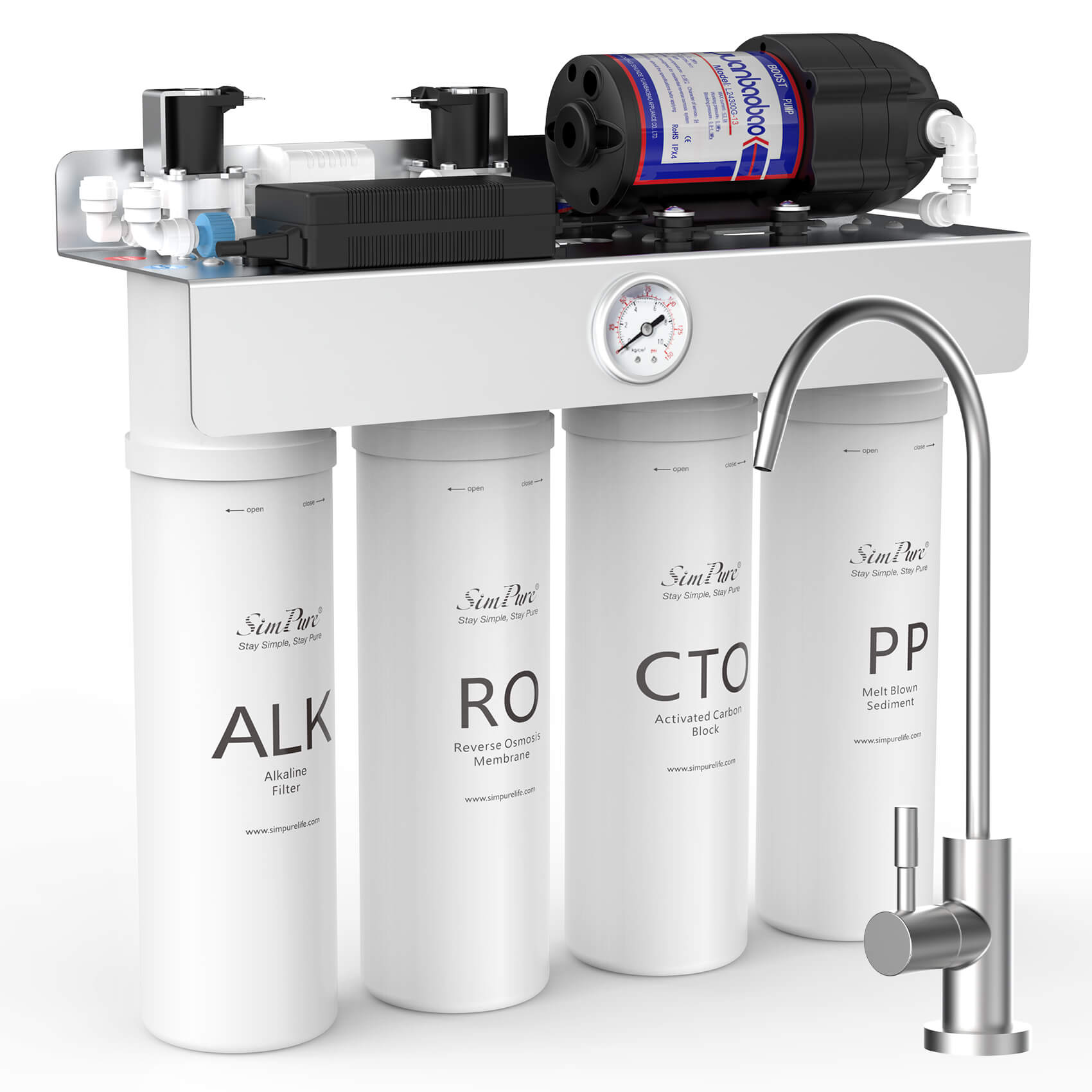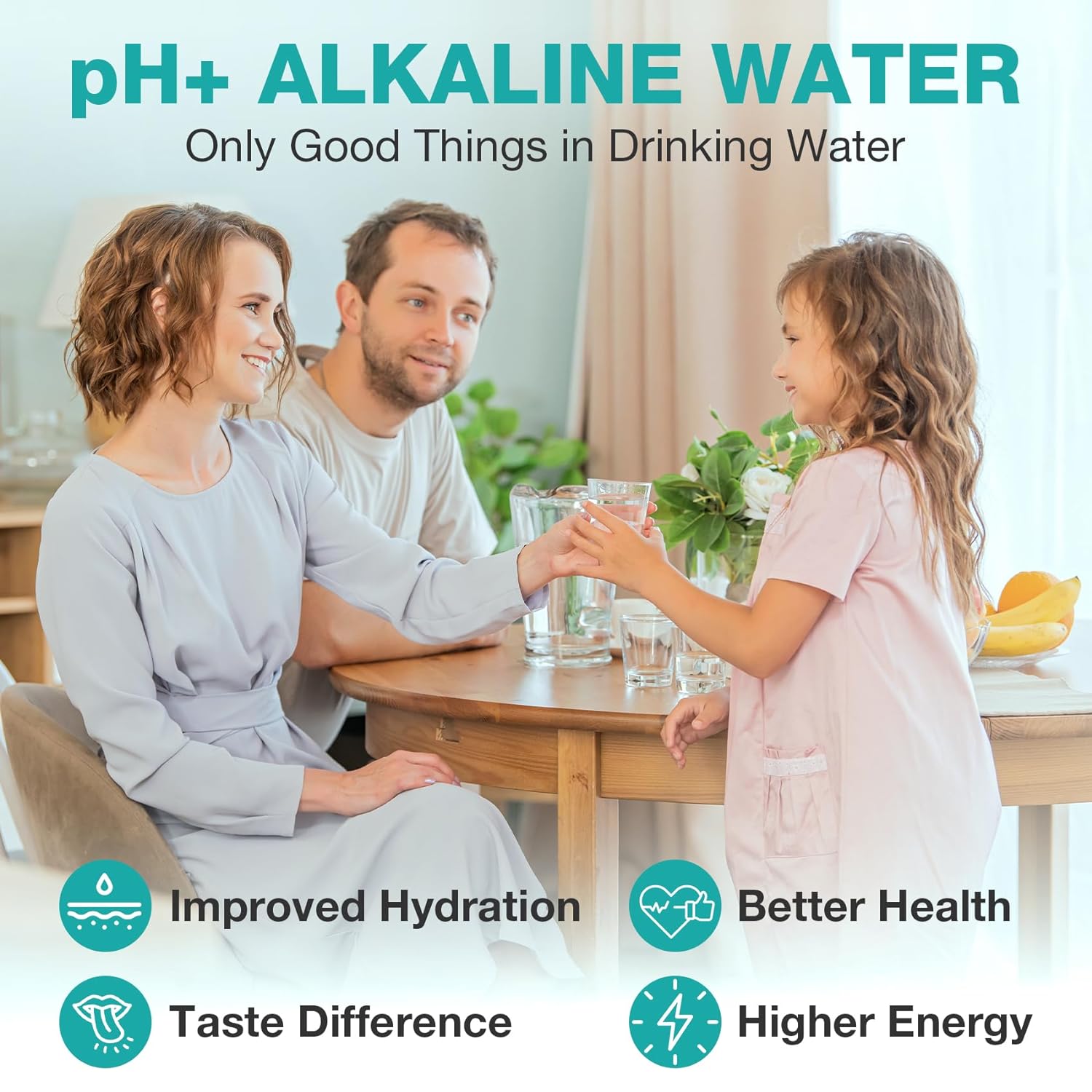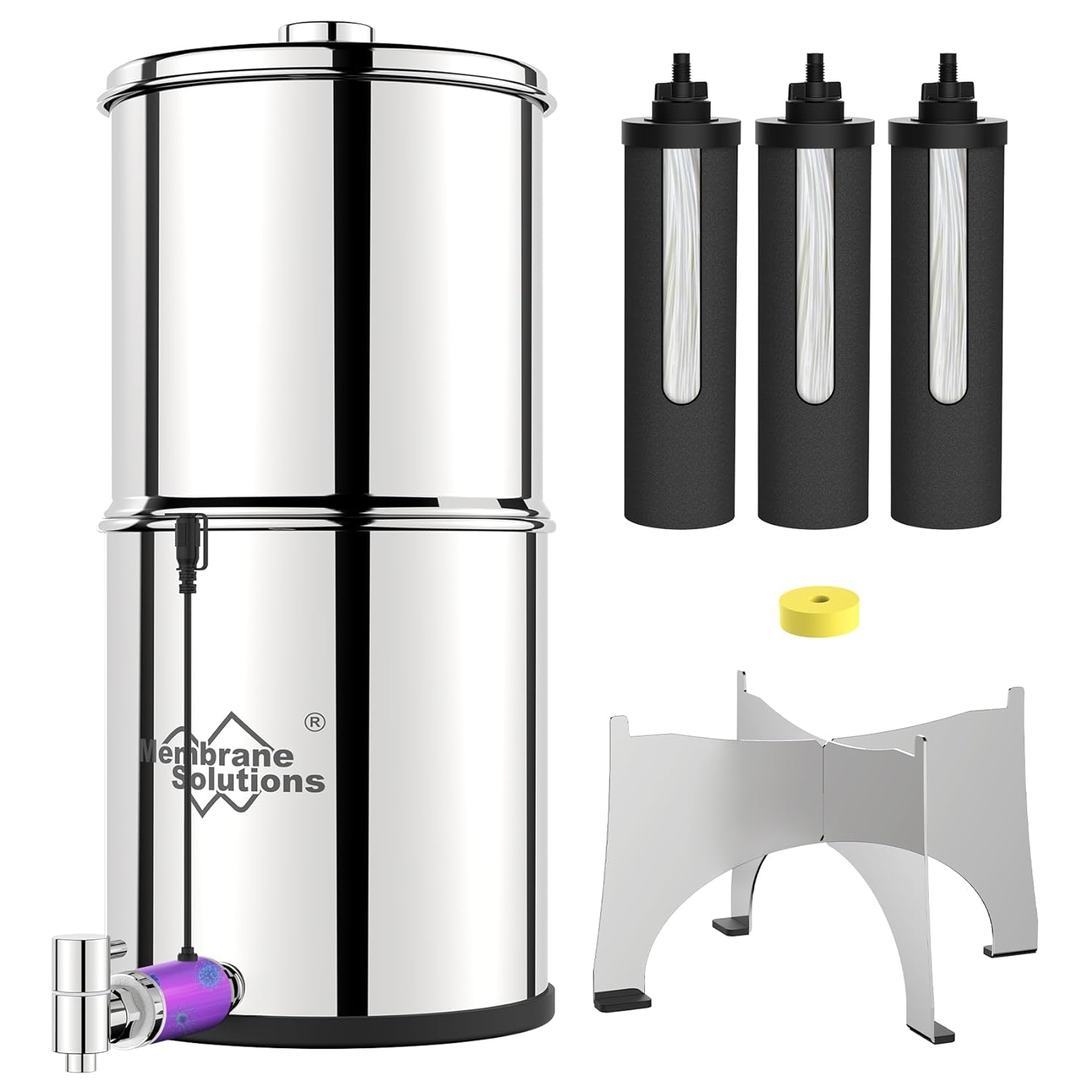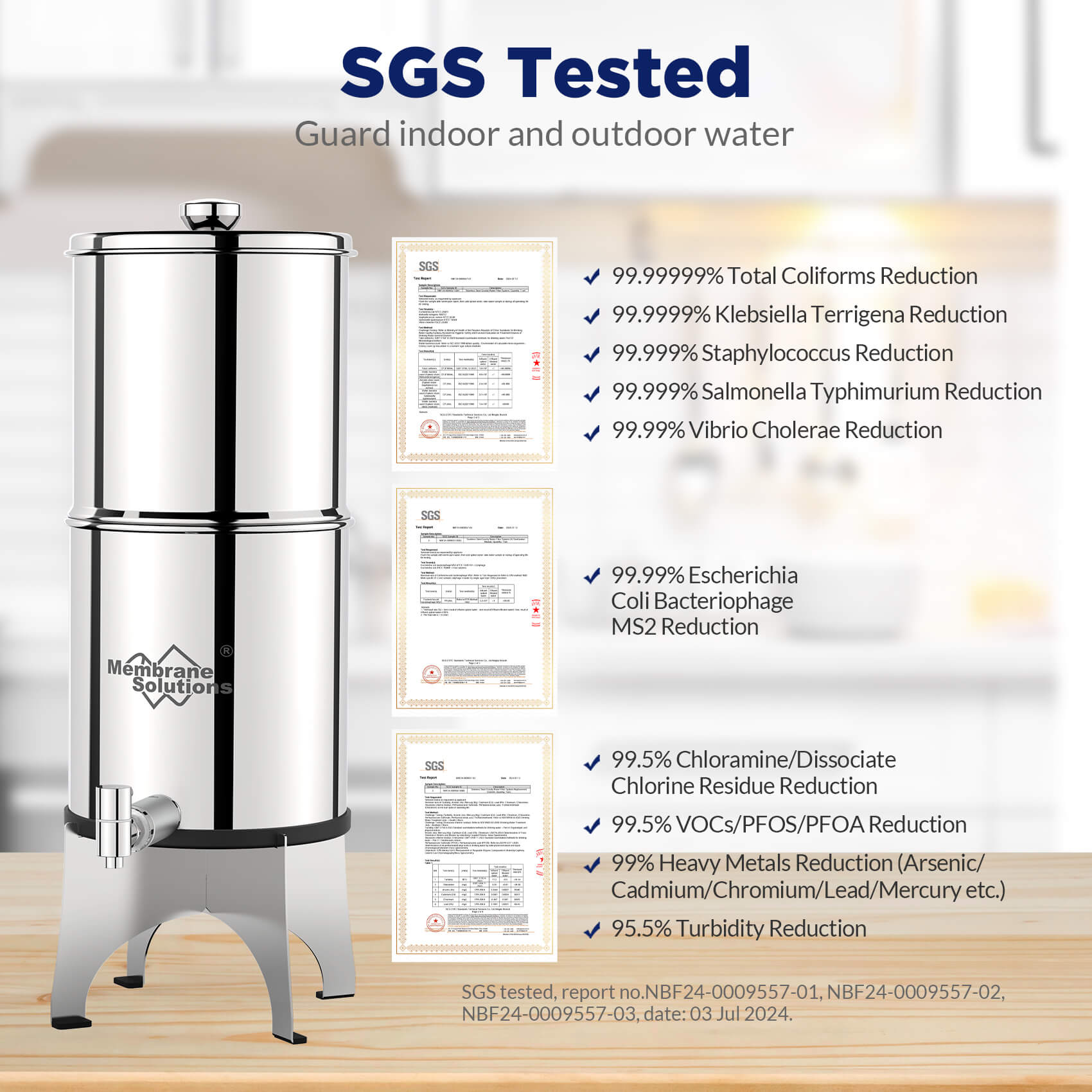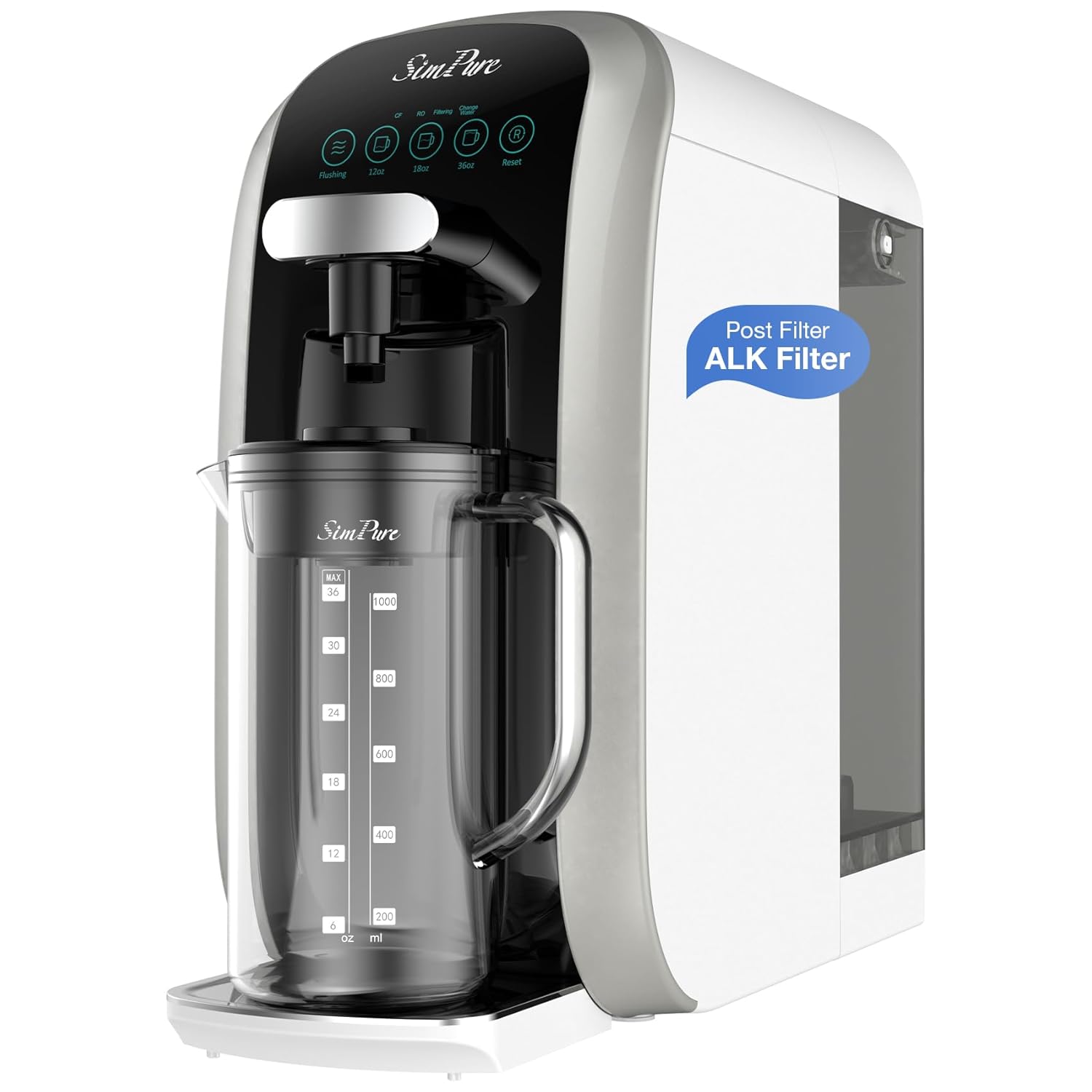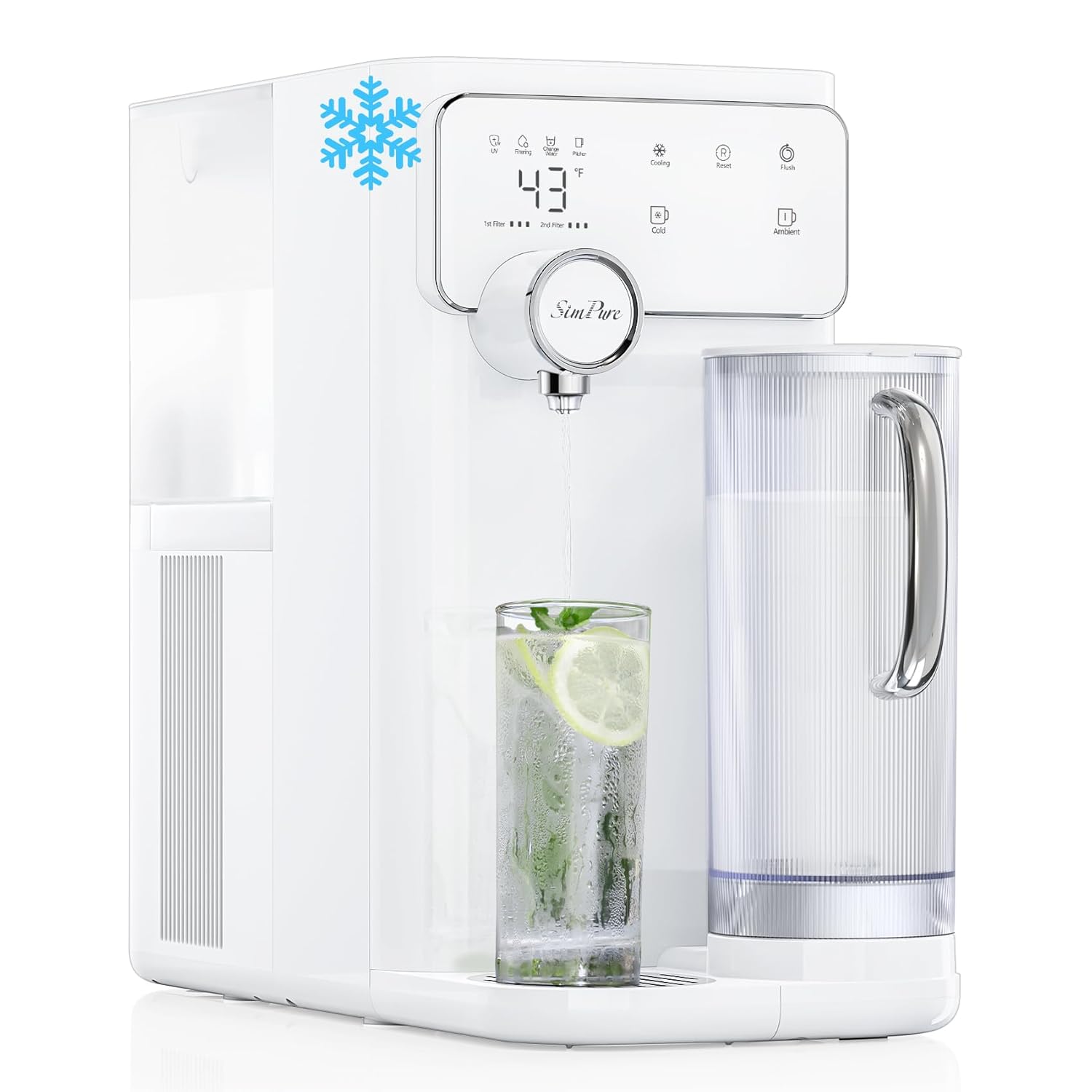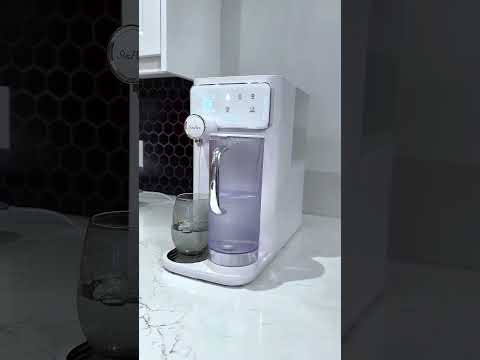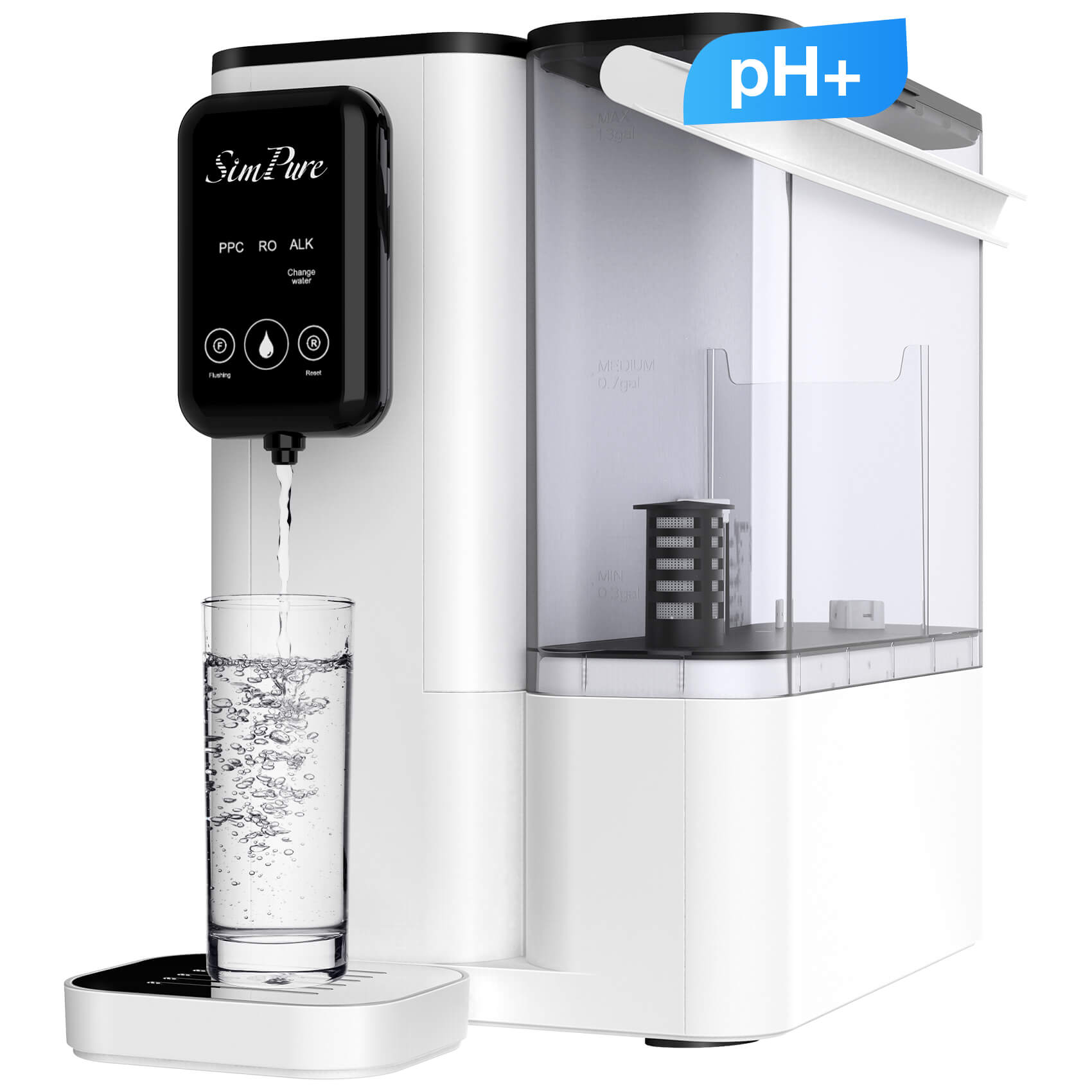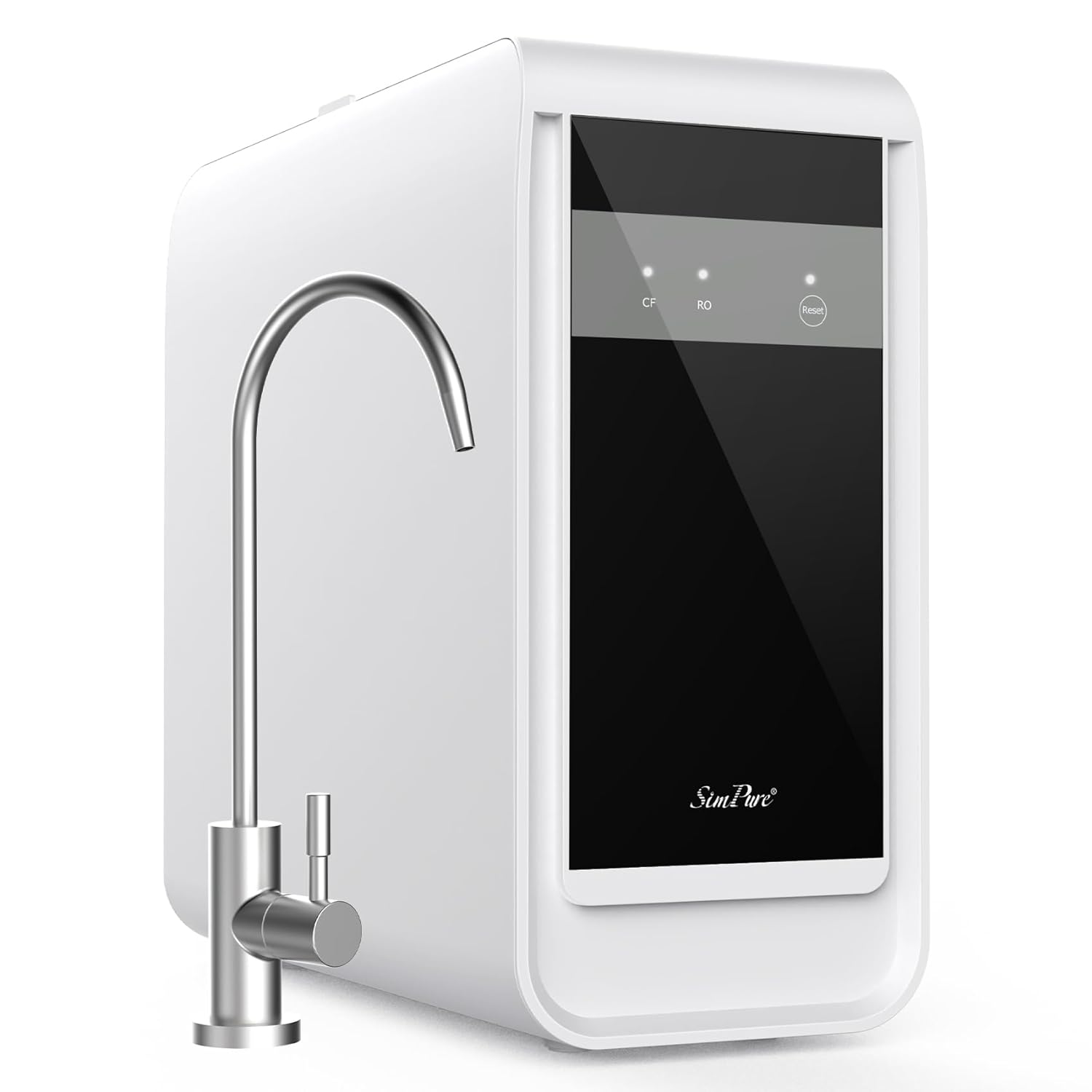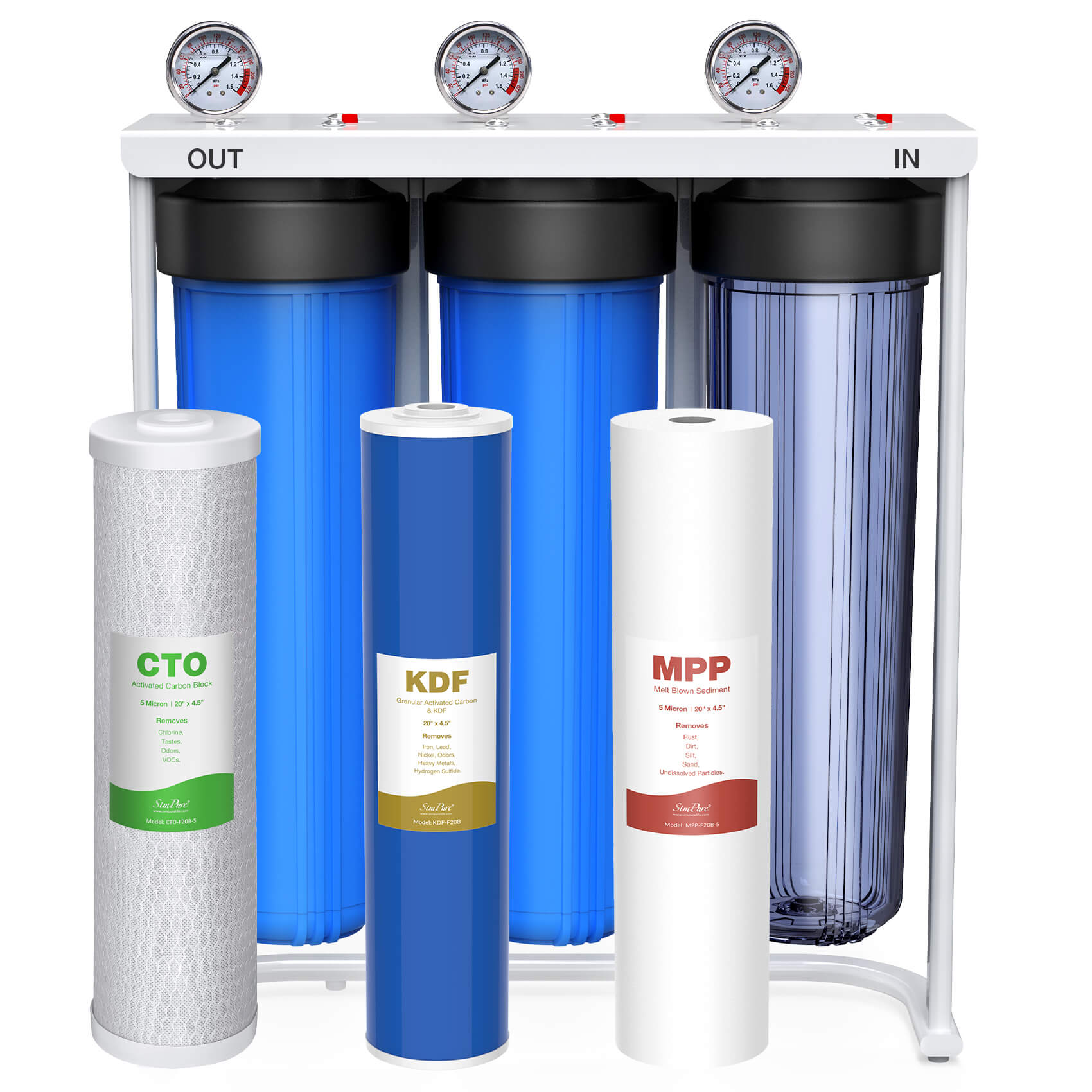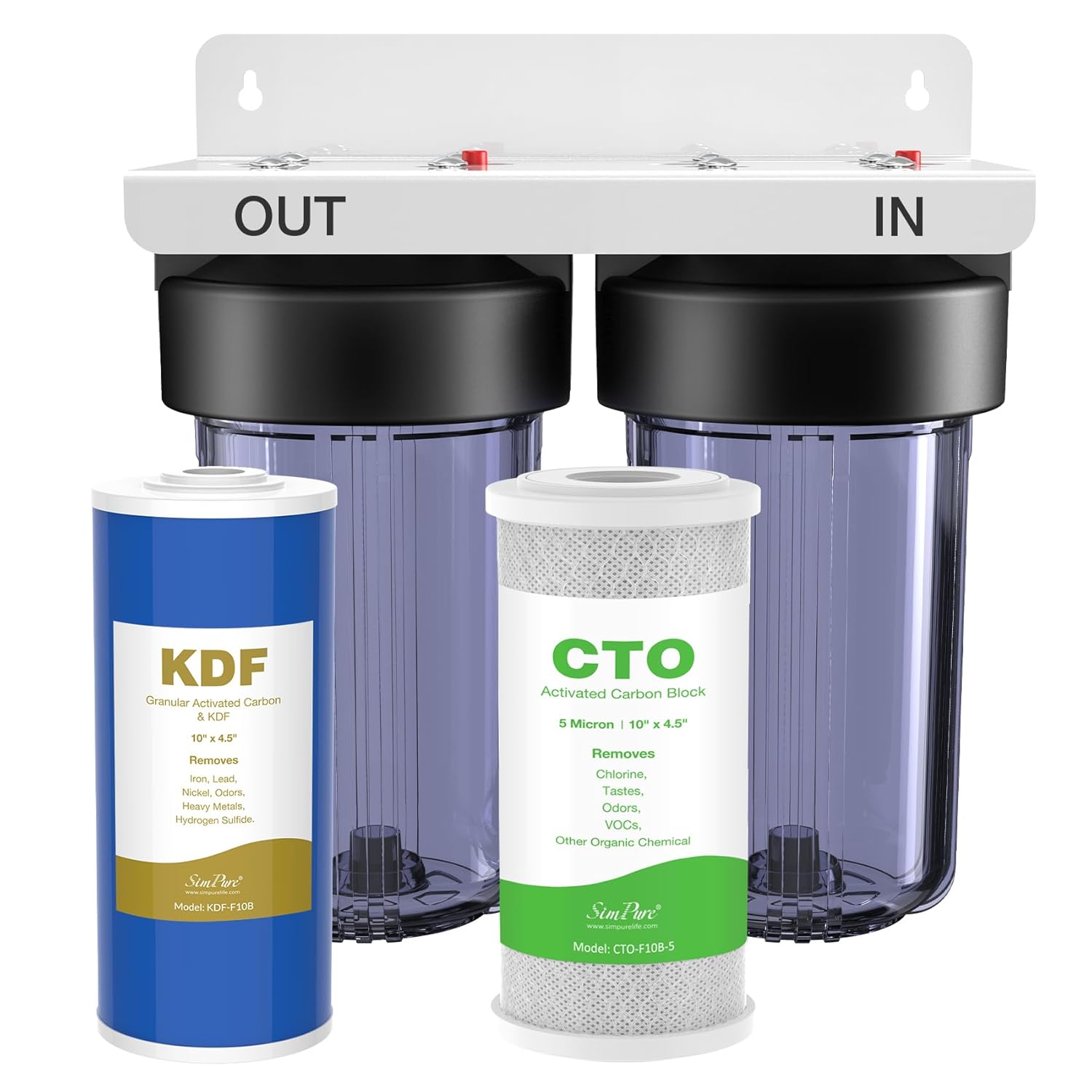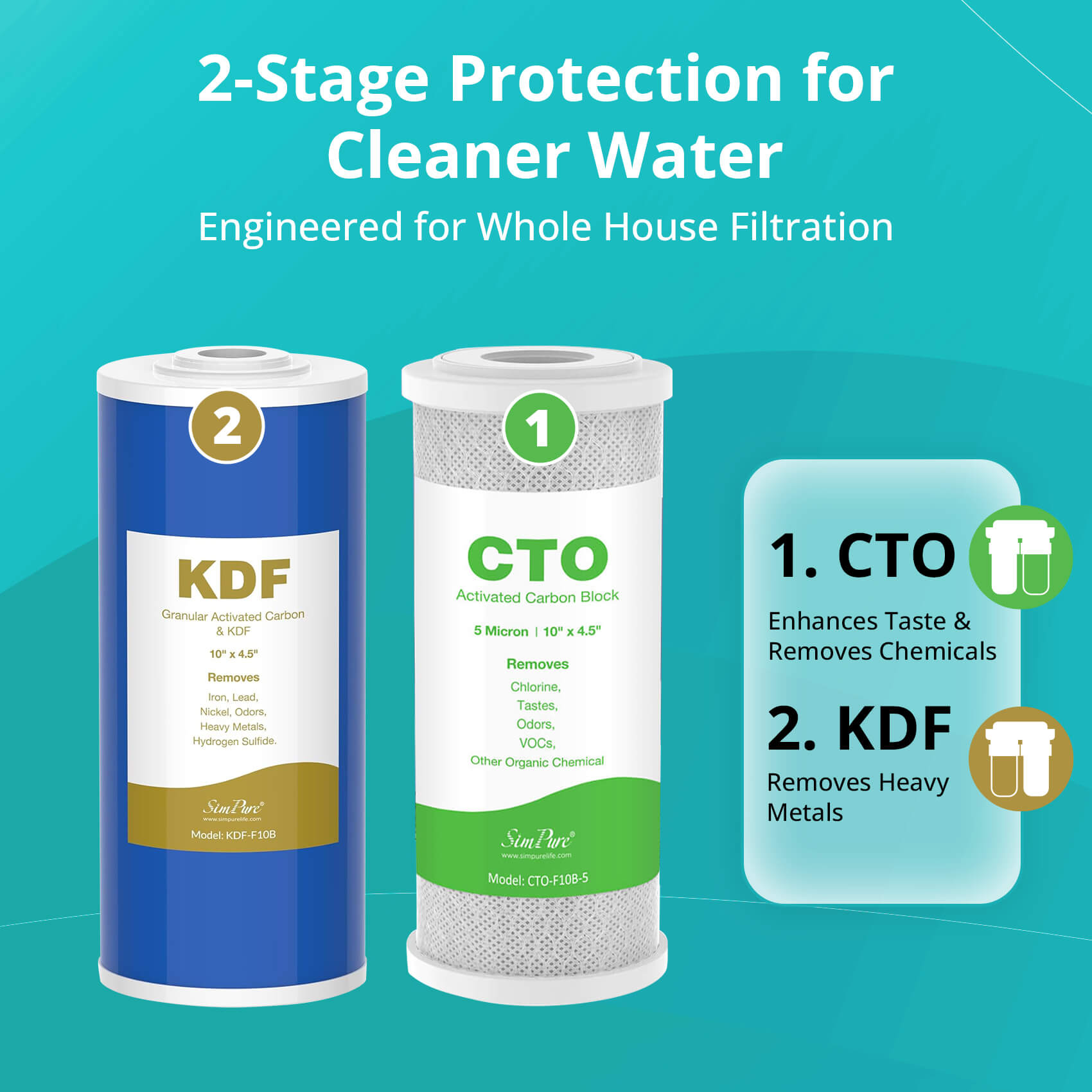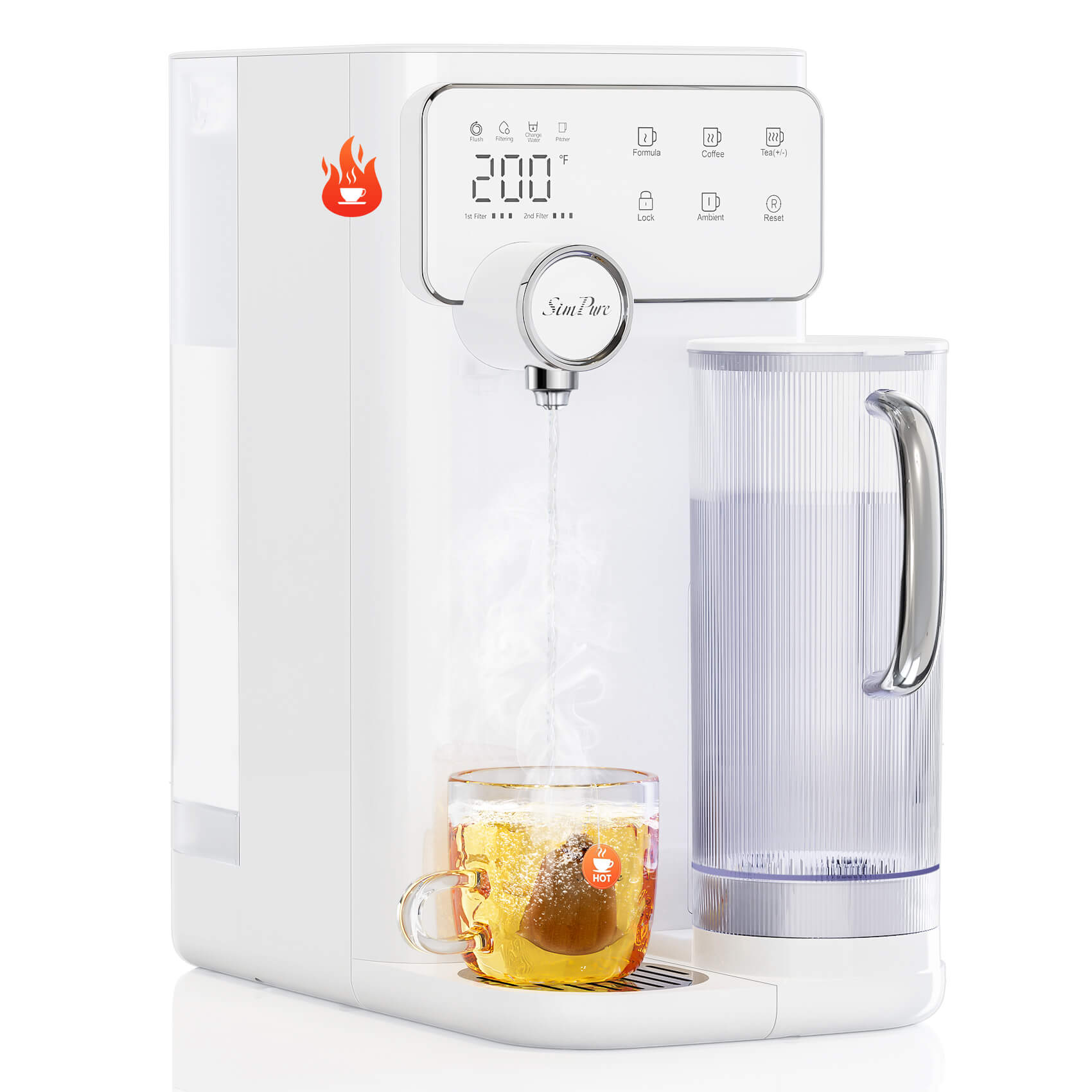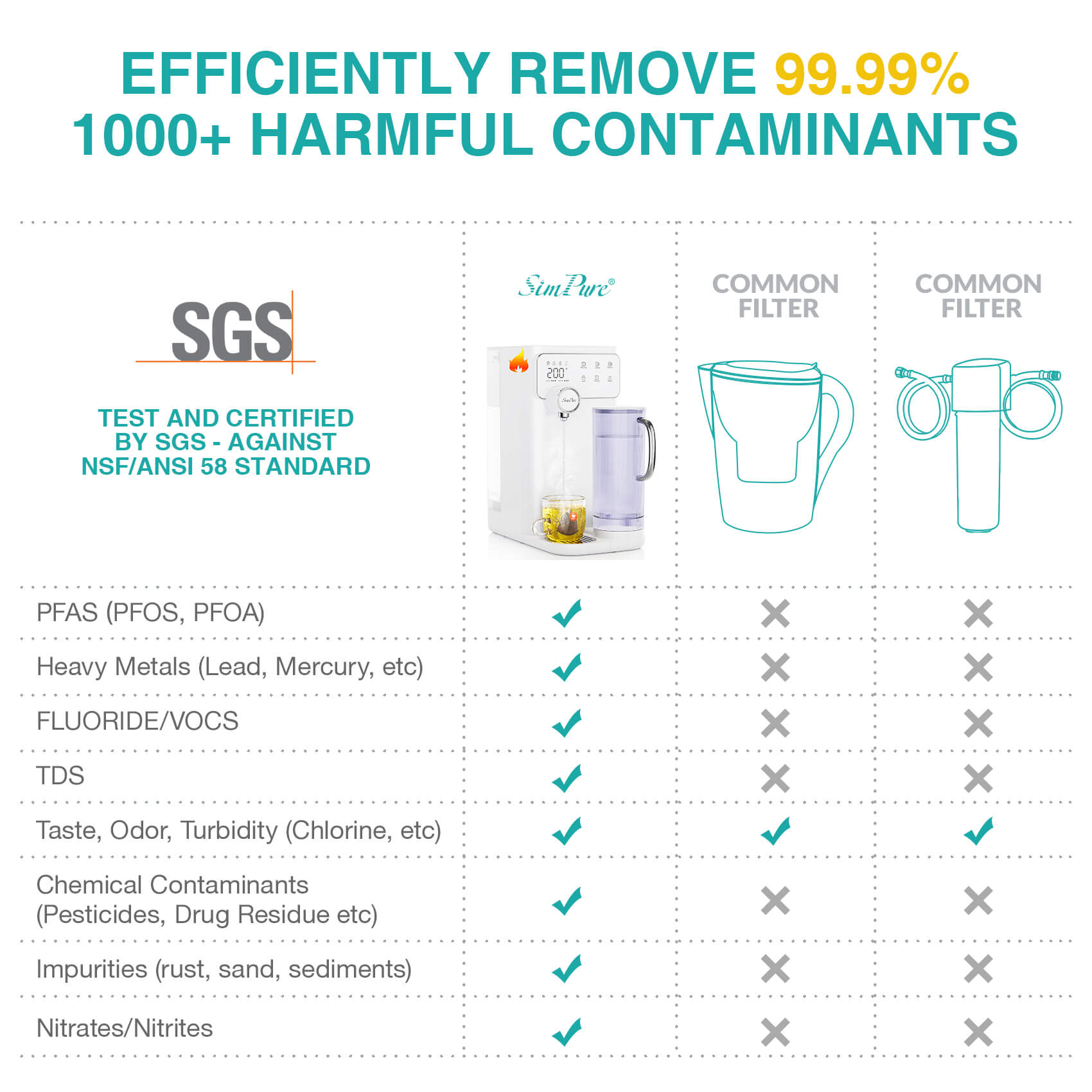In recent decades, more and more people tend to take part in outdoor activities, such as camping and hiking. Drinking water is quite important for anyone who likes outdoor activities. The lightweight water purifier can ensure clean and pure outdoor drinking water, it can purify water anytime and anywhere outdoors. In this article, you will know the different types of outdoor water filters and how to choose one for your needs.
The Risk of Drinking Untreated Water Outdoors
Natural water sources may seem clean, but they’re often contaminated. Bacteria, parasites, and viruses are common in lakes, streams, and rivers. Drinking untreated water can lead to serious illnesses like diarrhea, vomiting, or fever. These symptoms can dehydrate you and make hiking dangerous. Animal waste, dead plants, or nearby campers can all affect water quality. Even mountain streams can carry harmful microbes. That’s why using a water purifier or filter is essential when camping or hiking. It only takes one contaminated sip to put your health at risk.
Advantages of Lightweight Filters in the Wilderness
A lightweight water filter is a compact, portable device designed to remove contaminants from natural water sources during outdoor activities. Perfect for hikers and campers, it ensures clean water without adding bulk to your gear.
Key advantages include:
- Easy to carry in a backpack or pocket
- Fast water access without heavy equipment
- Ideal for solo trips or ultralight hiking
- Reduces the need to carry large water bottles
- Some models fit directly onto water bottles or hydration packs
Key Features to Look for in Lightweight Filters in Camping & Hiking

Now that we've highlighted the benefits of lightweight water filters, it’s essential to understand what features to consider when choosing one for your camping or hiking trip. Here are the key features to look for in a lightweight filter to ensure it meets your needs.
1. Weight: Keep it light for easy portability during extended hikes.
What to Consider: Choose a filter that’s light enough for long hikes. Aim for a filter that weighs less than 5 oz.
Best: Ultralight models like straw filters or compact filter bottles are ideal for solo hikers.
Worst to Avoid: Avoid heavy or bulky filters, especially if you're doing long treks. Filters weighing over 10 oz can add unnecessary strain to your pack.
2. Filtration Rate: Ensure fast filtration for quick access to clean water.
What to Consider: Look for a filter with a fast flow rate. The quicker the filtration, the faster you can hydrate.
Best: Filters that deliver 1-3 liters per minute are ideal for group trips.
Worst to Avoid: Slow filters that take more than 5 minutes per liter can be frustrating and time-consuming.
3. Filter Type: Pump, Gravity, Straw, or Bottle?
What to Consider: Different filter types have unique advantages depending on your needs. Pump filters are fast but require effort, while gravity filters are hands-free. Straw filters are compact, and bottle filters are convenient for refills.
Best:
- Pump filters are great for quick water access but require hand pumping.
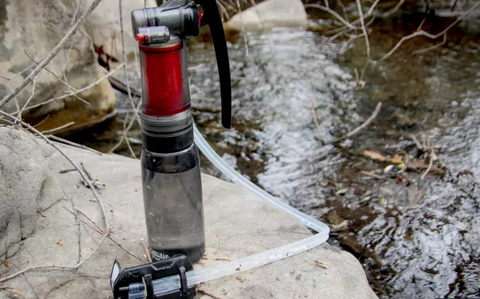
- Gravity filters are ideal for larger groups, as they work passively.
- Straw filters are lightweight and perfect for solo hikers needing quick sips.
- Bottle filters are compact and convenient, especially for short trips.
Worst to Avoid:
Avoid filters that are too bulky or require excessive effort, like manual pumps for large groups.
Avoid straw filters if you’re in a hurry or need large water volumes quickly.
4. Filter Lifespan: Choose a filter with a long-lasting, durable membrane.
What to Consider: Choose a filter that lasts through many liters of water. A long lifespan ensures you won’t need replacements mid-trip.
Best: Filters with a lifespan of 1,000+ liters are great for long-term use.
Worst to Avoid: Filters with short lifespans (less than 100 liters) may need frequent replacements, adding extra cost and effort.
5. Ease of Use: Look for simple, straightforward operation without complex setup.
What to Consider: The filter should be simple to set up and operate, especially when you're tired or in a hurry.
Best: Gravity filters or squeeze filters are user-friendly with minimal effort.
Worst to Avoid: Complicated filters requiring many steps or additional tools can be frustrating, especially in emergency situations.
6. Contaminant Removal: Ensure it removes bacteria, viruses, and protozoa effectively.
What to Consider: The filter should be simple to set up and operate, especially when you're tired or in a hurry.
Best: Gravity filters or squeeze filters are user-friendly with minimal effort.
Worst to Avoid: Complicated filters requiring many steps or additional tools can be frustrating, especially in emergency situations.
7. Compatibility: Choose a filter that works with various water bottles and packs.
What to Consider: Ensure the filter fits your water bottle or hydration pack. Compatibility increases convenience and saves space.
Best: Filters that fit directly onto bottles or hydration bladders are most efficient.
Worst to Avoid: Filters that don’t fit common bottles or packs can be inconvenient and waste valuable time during your hike.
Final Checklist Before Buying Your Lightweight & Portable Outdoor Water Filter
Before clicking "Buy Now," take a moment to ensure your water filter matches your actual outdoor needs. A little planning upfront can save you trouble on the trail.
✅ Is it truly lightweight and compact?
A filter under 5 oz is ideal for backpackers and ultralight hikers. It should fit in your palm or side pocket for easy access.
✅ Does it filter the contaminants found in your area?
Check whether the filter removes bacteria, protozoa, and viruses. If you're traveling abroad or to high-risk areas, virus protection is a must.
✅ Can it handle the volume of water you’ll need?
If you're hiking solo, a straw or bottle filter may suffice. For groups, consider gravity filters with a high daily capacity (at least 10L/day).
✅ Is it user-friendly and durable in the field?
Choose a filter with simple operation and few parts. Look for models tested in real outdoor conditions—no one wants a failure mid-trek.
Every ounce in your backpack counts, but so does your safety. That’s why choosing a lightweight purifier isn't just about size—it's about filtering power, ease of use, and the ability to handle unpredictable conditions. Look for flow rate, filter type, and capacity that matches your actual water needs on the trail. Don’t compromise with untested brands or generic gear.
👉 For reliable protection and ultralight design, check out Membrane Solutions outdoor water filters — trusted by hikers who go the extra mile.


